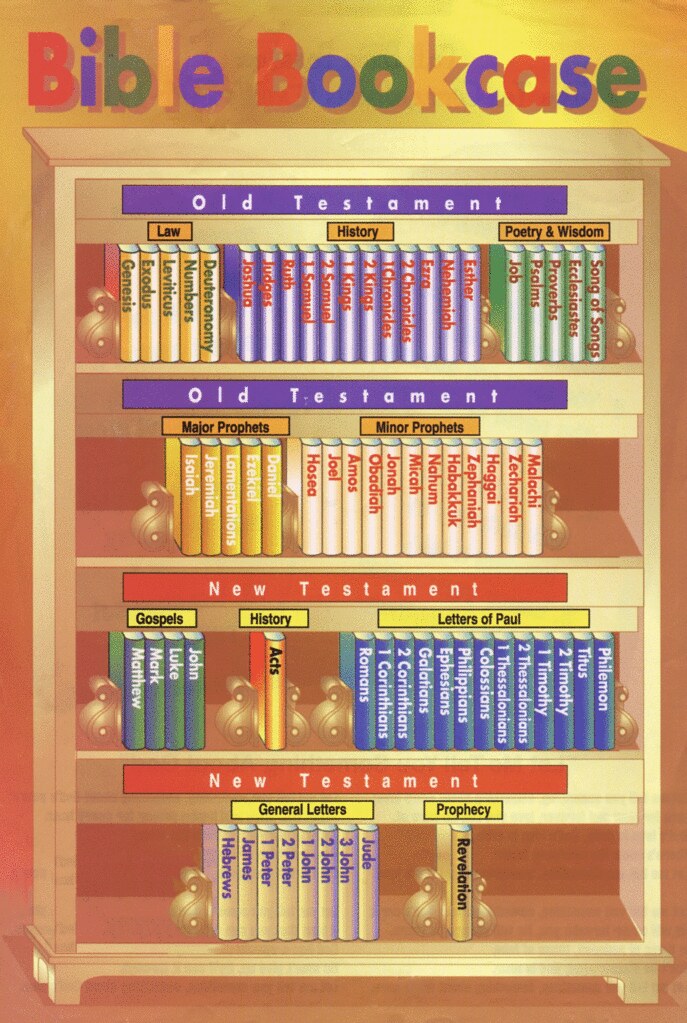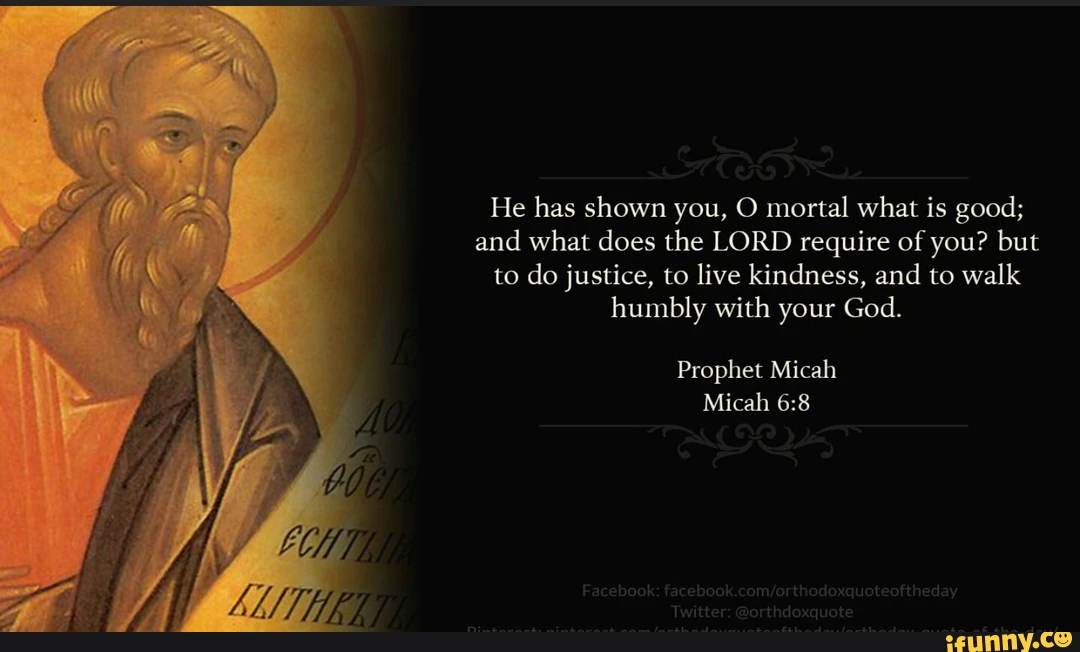- Isaiah 49
- Isaiah 50
- Isaiah 51
- Isaiah 52 & 53
- Isaiah 54
- Isaiah 55 & 56
- Isaiah 57 & 58
- Isaiah 59
- Isaiah 60
- Isaiah 61 & 62
- Isaiah 63 & 64
- Isaiah 65
- Isaiah 66
- Micah 1
- Micah 2
- Micah 3-5
- Micah 6
- Micah 7
- Nahum 1 & 2
- Nahum 3
- 2 Kings 22
- 2 Chronicles 34
- 2 Kings 23
- 2 Chronicles 35 & Zephaniah 1
- Zephaniah 2 & 3
- Jeremiah 1
- Jeremiah 2
- Jeremiah 3
- Jeremiah 4
- Jeremiah 5
- Jeremiah 6
Pages
- Home
- BOOKMARK DOWNLOADS FOR EACH YEAR
- Psalms in Numerical Order
- How the Bible Book Club Came to Be (December 2007)
- Kings of Israel and Judah
- Links to Bible Chapters
- Different Ways of Reading
- Bible Study and Meditation Tools
- DOWNLOADS of Bible Book Club Books
- CREATION TO CHRIST STORYTELLING
- Storytelling as Spiritual Discipline
Wednesday, June 30, 2021
July in 2 Kings & 2 Chronicles with Isaiah, Micah, Nahum, Zephaniah, and Jeremiah
Tuesday, July 17, 2012
Micah 6 & 7 - Blessings Because of God's Goodness
BACKGROUND
Micah 6-7 contains the third message of the book and is a courtroom scene. God has an indictment against His people and calls on the witnesses of the mountains and the hills to listen to His case.
First, He recounts what He has already done for them by bringing them out of slavery in Egypt, recalling the story of Balak and Balaam in Numbers 22-24, and His instructions to them before entering the land He had promised them (Joshua 2:1; 4:19; 5:3-9). The people had forgotten the covenant they made with Him and turned away from God. Yes, they practiced the rituals, but their hearts were not worshipful. True worship should include acting justly, loving mercy, and walking humbly with their God (Micah 6:8).
Because of God's justice, He would have to punish the nation. They had not acted justly or loved mercy by gaining wealth illegitimately (Proverbs 10:2), cheating customers, and taking advantage of them. Judah also followed the statutes of Omri and Ahab who were two of the worst kings of the Northern Kingdom of Israel (1 Kings 16:21-22:40). The captivity would be their punishment.
Micah 7 begins in utter darkness and gloom (7:1-6) as Micah bemoans the nation's sins, but it ends in hope (7:8-20) as he and the godly remnant waited in hope for salvation after the judgment. Out of the darkness, a light would come because God forgives sin and delights to show mercy (7:9, 18).
REFLECTION/APPLICATION
People have tried all kinds of ways to please God (6:6, 7), but God has made his wishes clear: he wants his people to be just, merciful, and to walk humbly with him. In your efforts to please God, examine these areas on a regular basis. Are you fair in your dealings with people? Do you show mercy to those who wrong you? Are you learning humility? (The Life Application Bible, p. 1576)PRAYER
Recenter and Relax Yourself
Recenter your scattered senses on the presence of God. Still your mind, heart, and body. Let go of all other distractions. Relax in His presence and attend to Him. I usually read it again at the beginning of each step.
Read the Passage (Lectio)
Read slowly and attentively, followed by a time of silence.
Read it again and...
Reflect on it (Meditatio)
Listen for a word or phrase that shimmers for you. In what way does it touch your life? Let thoughts surface that connect the text to your life.
Read it again and...
Respond to God (Oratio)
Converse with God about the word or phrase and what it has triggered. Think of God in the second person (“you”). Tell God what you are thinking and feeling. Be honest! What do you want of God? What help do you need?'
Read it again and...
Rest in Him (Contemplatio)
Rest in God’s presence. Be silent and without words. Move on when you are ready.
(Note: Praying Scripture has nothing to do with “getting through” passages; it has everything to do with letting the meaning sink into your life.)
Take a word or phrase with you and repeat it as you perform your daily activities.
Monday, July 16, 2012
Micah 3-5 - The Second Message Aimed at Leaders
The Scarlet Thread of Redemption
They were not perfect, but they looked out for the welfare of their people and did not exploit them like the leaders of Israel and Judah in Micah's day. Also, good and godly leaders look to God and turn their people back to God.
I also like these books:
Spiritual Leadership by J. Oswald Chambers
Spiritual Leadership by Henry and Richard Blackaby
The Making of a Leader by J. Robert Clinton
Saturday, July 14, 2012
Micah 1 & 2 - The First Message of Judgment
Sunday, April 15, 2012
Introduction to the Prophetical Books
Books of Moses (Law or Pentateuch): Genesis - Deuteronomy
History: Joshua - Esther
Poetry and Wisdom Literature: Job - Song of Solomon
Major Prophets: Isaiah - Daniel
Minor Prophets: Hosea - Malachi
-----722 Assyrian Captivity of Northern Kingdom of Israel
Over a period of several hundred years the Hebrew people gave birth to an extraordinary number of prophets – men and women distinguished by the power and skill with which they presented the reality of God. They delivered God’s commands and promises and living presence to communities and nations who had been living on god-fantasies and god-lies.
Everyone more or less believes in God. But most of us do our best to keep God on the margins of our lives or failing that, refashion God to suit our convenience. Prophets insist that God is the sovereign center [emphasis mine] not off in the wings awaiting our beck and call. And prophets insist that we deal with God as God reveals himself, not as we imagine him to be [Isn't that powerful? Ponder that for a moment].
These men and women woke people up to the sovereign presence of God in their lives. They yelled, they wept, they rebuked, they soothed, they challenged, they comforted. They used words with power and imagination whether blunt or subtle. . .
Prophets make it impossible to evade God or make detours around God. Prophets insist on receiving God in ever nook and cranny of life. For a prophet, God is more real than the next-door neighbor. (The Message Remix, p. 1194, 1197)
Tuesday, August 4, 2009
Micah 7 - Woe, Wait, Rejoice
LINK: Micah 7
BACKGROUND
Micah cries out with woe about the great sinfulness of the people. He can't find a righteous person anywhere in the land of Judah! But he personally will watch and pray and trust only in the Lord. Although Micah knows that judgment is coming for his people, he also looks to the future when God will restore Israel and fulfill all that He has promised to His chosen people.
The last three verses of Micah (along with the book of Jonah) are read in the synagogue on the Day of Atonement each year. An orthodox Jew goes to a running stream or river and symbolically empties his sins out of his pockets and into the water while reciting these three verses.
While this is a vivid image of casting our sins into the depths of the sea, we know that this is not the means by which God removes our sin. He does it through the blood of Jesus. Because Jesus bore our sins for us and was punished for them, God can pass over our sins.
REFLECTION/APPLICATION
Reflect on verses 18-20 today. (You might enjoy reading it in several different translations.) Rejoice and praise and worship God for the forgiveness of sins through the blood of Jesus!
PRAYER
There is no other God like You, Lord! You are the only one who has made provision for the forgiveness of sins. Thank You for the blood of Jesus that takes away our sins and makes us Your children. You are a God who delights in unchanging love for Your children. Thank You for Your forgiveness and never-changing love toward me! Because of Jesus, amen.
Monday, August 3, 2009
Micah 6 - Just Do It!
LINK: Micah 6
BACKGROUND
Chapters 6 & 7 contain Micah's third message to Judah.
Chapter six is one of those chapters that gives us a glimpse into God's heart. He sets up a courtroom scene and then says to His people (Katrina's paraphrase), "What have I done to deserve the treatment you give me? I have done good to you and have shown you mercy. I have revealed Myself to you. Yet you ignore Me and disobey Me. Why?"
Judah's response - "How about if we patch things up with a few sacrifices and get on with life?"
But the Lord is not interested in sacrifices that are meaningless ritual. What He really wants them to do is repent from the heart and change their ways as a reflection of that change. God is not impressed with outward actions that we use to attempt to cover our sin.
So the conversation continues with God spelling out for them one more time what their sins are and how they will be judged for them. God sums up this indictment with the statement that they have degenerated to the very low level of Omri and Ahab.
REFLECTION
Micah 6:8 is an often quoted verse from this book. "He has told you, O man, what is good. And what does the Lord require of you, but to do justice, to love kindness, and to walk humbly with your God?"
When the people of Judah thought they might appease God by throwing a few sacrifices His way, God made it clear that that's not what He was after. He was after changed hearts. This was not something new that they'd never heard before. God had been saying it for centuries. Humble yourselves and repent!! Then you must treat others with justice and kindness.
Although the concept is simple, humility does not come easily to us as humans. It would be easier if we could appease God with sacrifices and be done with it. But that really is a very shallow approach to God. And God won't settle for shallow sacrifices. He wants our hearts!
APPLICATION
Verse eight reminds me of the Nike slogan, "Just do it!" We know what God wants us to do, because He tells us. But we have to humble ourselves and "just do it!" Sometimes God nudges me to do something and I resist. Eventually, I either obey Him or harden my heart toward Him. In the end, I always find out it would have been better to obey in the first place! How about you? Is there anything God has been whispering to your heart for you to do? Just do it!
PRAYER
Thank you, Father, for revealing yourself to us through your word and your Holy Spirit. You invite us to walk humbly with you, and you teach us your ways. Keep our hearts soft toward you to hear your voice and obey you. For your glory, amen.



